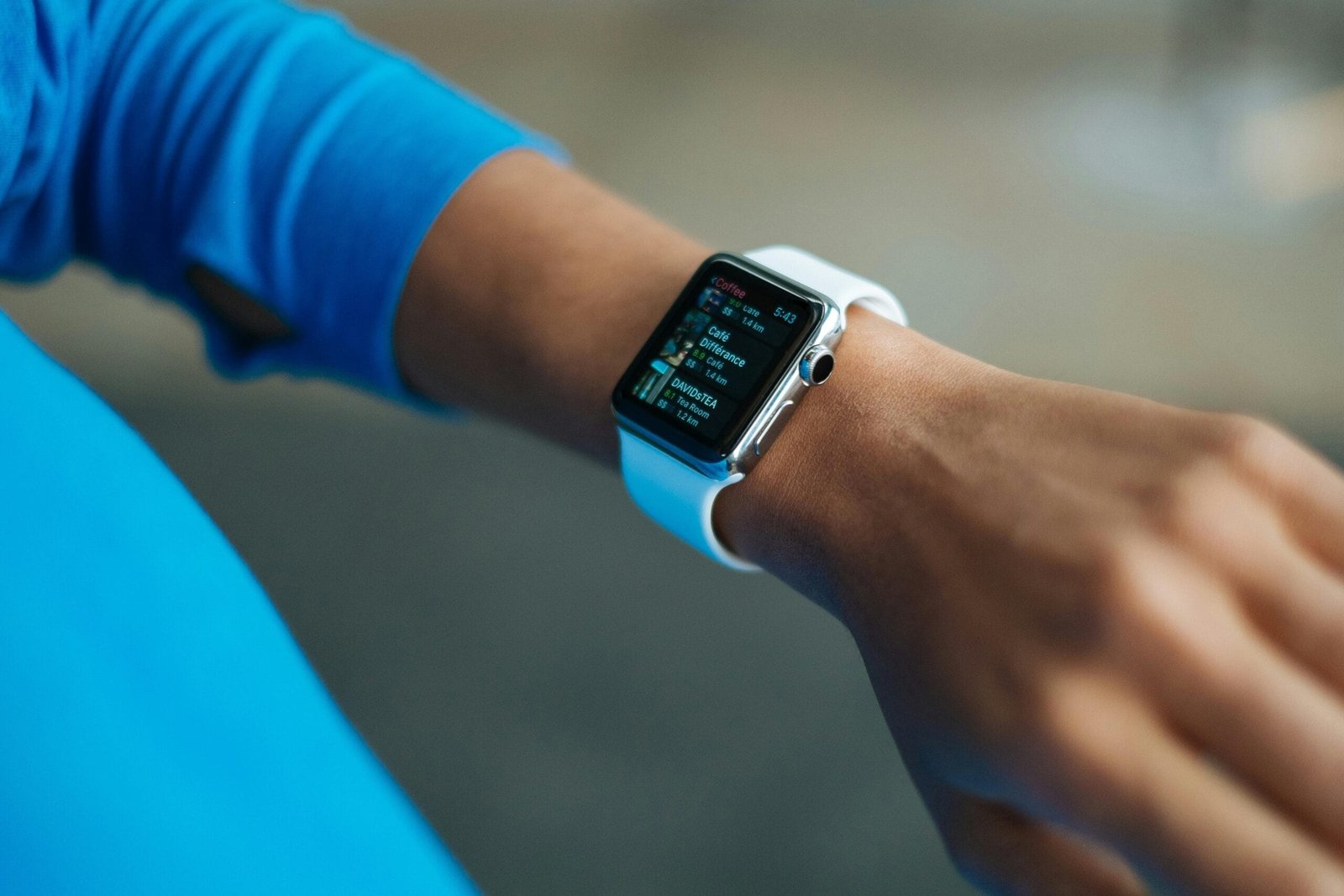In recent years, wearable technology has emerged as a transformative force in health management. From simple fitness trackers to sophisticated health monitoring devices, wearables have evolved significantly, offering users real-time insights into their health and wellness. As more people seek to take control of their health, the adoption of these devices has surged, with millions of consumers relying on them for daily health tracking. This blog explores the different types of wearable technology, their impact on health management, and future innovations that promise to enhance our understanding of personal health.
Fitness trackers are perhaps the most well-known type of wearable technology. These devices typically monitor various metrics such as heart rate, steps taken, calories burned, and sleep patterns. Popular brands like Fitbit and Garmin have made significant strides in this space, offering features that help users set fitness goals and track their progress over time. With user-friendly interfaces and mobile applications, fitness trackers empower individuals to stay active and maintain a healthier lifestyle.
Biometric rings represent a more discreet form of wearable technology. Devices like the Oura Ring are designed to monitor vital signs such as heart rate variability, body temperature, and sleep quality without the bulkiness of traditional fitness trackers. These rings provide valuable insights into overall wellness and recovery, making them popular among athletes and health-conscious individuals who prefer subtlety in their wearables.
For individuals managing diabetes, continuous glucose monitors (CGMs) have revolutionized health monitoring. Devices such as Dexcom and FreeStyle Libre allow users to track their blood glucose levels in real time without the need for frequent finger pricks. This technology not only helps users maintain better control over their condition but also provides crucial data that can be shared with healthcare providers for more informed treatment decisions.
Fitness trackers are perhaps the most well-known type of wearable technology. These devices typically monitor various metrics such as heart rate, steps taken, calories burned, and sleep patterns. Popular brands like Fitbit and Garmin have made significant strides in this space, offering features that help users set fitness goals and track their progress over time. With user-friendly interfaces and mobile applications, fitness trackers empower individuals to stay active and maintain a healthier lifestyle.
Data analytics and artificial intelligence play a critical role in interpreting this information. Many wearables now offer personalized feedback based on individual metrics, alerting users to potential health risks or suggesting lifestyle changes. For instance, if a fitness tracker detects irregular heart rates or significant changes in activity levels, it can prompt users to consult with a healthcare professional.
Statistics show that wearables contribute to improved health outcomes; studies indicate that individuals using these devices are more likely to engage in regular physical activity and maintain healthier habits. By fostering proactive health management, wearables help reduce the risk of chronic diseases and promote overall wellness.
The future of wearable technology is bright, with numerous innovations on the horizon. Emerging technologies are set to enhance the capabilities of these devices further. For example, integration with telehealth services is becoming increasingly common, allowing users to share their health data with healthcare providers seamlessly.
Advancements in biometrics are also expected to expand the functionalities of wearables. Future devices may monitor additional vital signs such as hydration levels or blood pressure, providing users with an even more comprehensive view of their health status. Moreover, AI-driven predictive analytics could identify potential health risks before they manifest, allowing for timely interventions.
Collaborations between tech companies and healthcare providers are likely to drive these innovations forward, creating a new era of personalized healthcare solutions that cater to individual needs.
Integrating wearable technology into daily life offers numerous benefits for health monitoring and management. These devices empower individuals by providing real-time insights into their health metrics, promoting proactive decision-making regarding wellness. As technology continues to advance, wearables will play an increasingly vital role in helping us understand our bodies better and manage our health effectively.
If you haven’t yet explored the world of wearable technology, now is the time to consider incorporating these innovative devices into your routine. Stay informed about the latest developments in this exciting field and take charge of your health today! This content is designed to be informative while incorporating relevant SEO keywords naturally throughout the text. Feel free to adjust any sections or add additional details based on your audience’s preferences!



